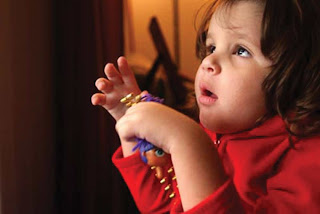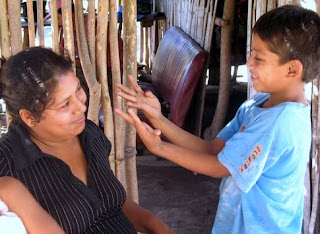
John Dewey was known as "The Modern Father of Experiential Education". He is known as one of the greatest philosopher's and educational thinkers of the 20th century. "In the 1920's / 1930's, John Dewey became famous for pointing out that the authoritarian, strict, pre-ordained knowledge approach of modern traditional education was too concerned with delivering knowledge, and not enough with understanding students' actual experiences". He became the champion of progressive education. He was critical of completely, "free, student-driven", education because he believed that student's didn't know how to structure their learning experiences.
Dewey believed that an educator had to take into account the differences between the student's. He believed that each student was different in their own way. "Even when a standard curricula is presented using established pedagogical methods, each students will have a different quality of experience. Thus, teaching and curriculum must be designed in ways that allow for such
 individual differences". For Dewey, education was also a social purpose where it helped people become more effective member's in their democratic society. "Dewey argued that the one-way delivery style of authoritarian schooling does not provide a good model for life in democratic society. Instead, students need educational experiences which enable them to become valued, equal, and responsible members of society".
individual differences". For Dewey, education was also a social purpose where it helped people become more effective member's in their democratic society. "Dewey argued that the one-way delivery style of authoritarian schooling does not provide a good model for life in democratic society. Instead, students need educational experiences which enable them to become valued, equal, and responsible members of society".Dewey supported progressive education in which progressive education was a wild swing in in the philosophical pendulum against traditional education methods. In progressive education, freedom was the rule, but the problem with is that Dewey said that freedom is no solution. I agree, learning needs structure and so do the student's.
"John Dewey (1859-1952) believed that learning was active and schooling unnecessarily long and restrictive. His idea was that children came to school to do things and live in a community which gave them real, guided experiences which fostered their capacity to contribute to society. For example, Dewey believed that students should be involved in real-life tasks and challenges". These tasks included,
-
maths could be learnt via learning proportions in cooking or figuring out how long it would take to get from one place to another by mule
-
history could be learnt by experiencing how people lived, geography, what the climate was like, and how plants and animals grew, were important subjects














